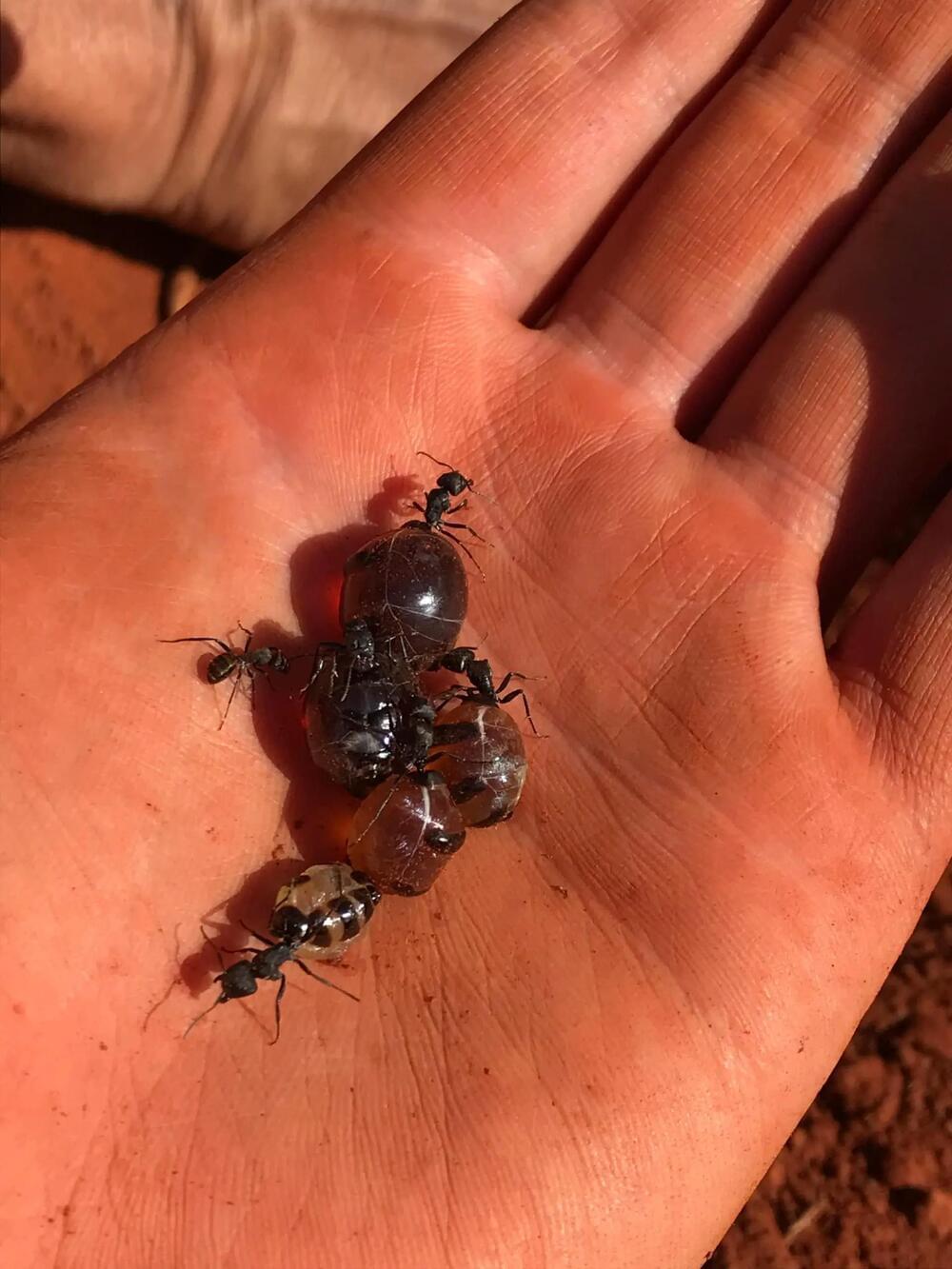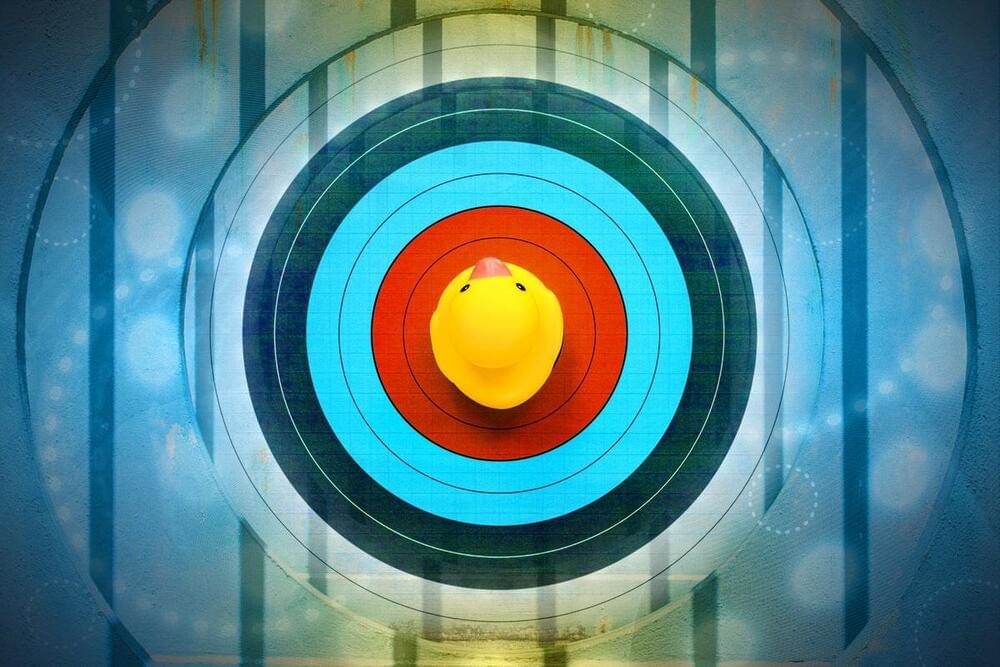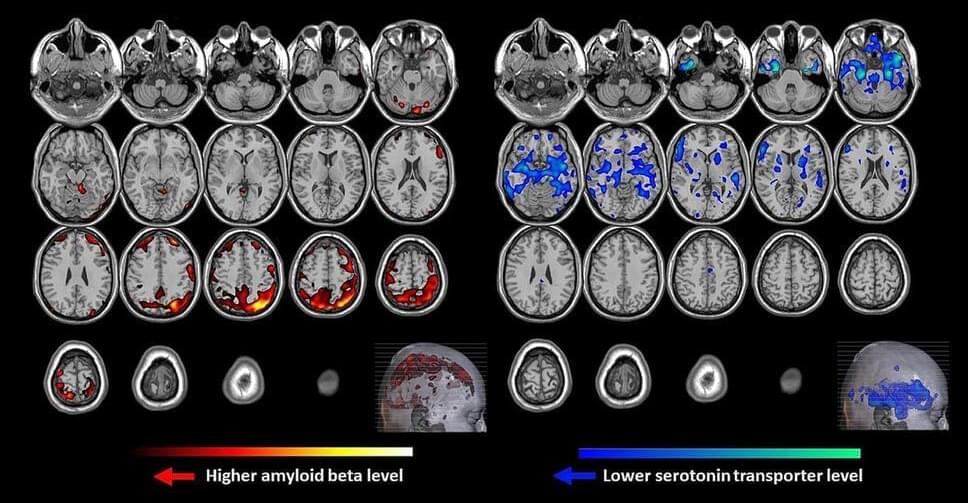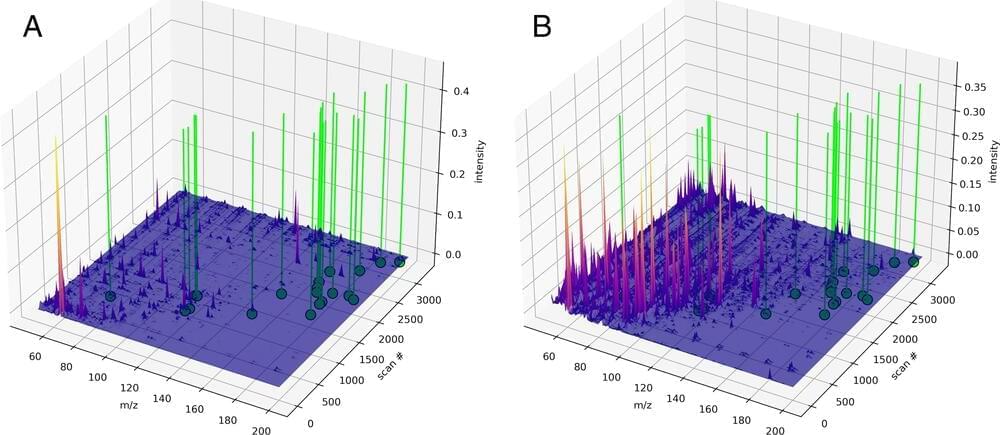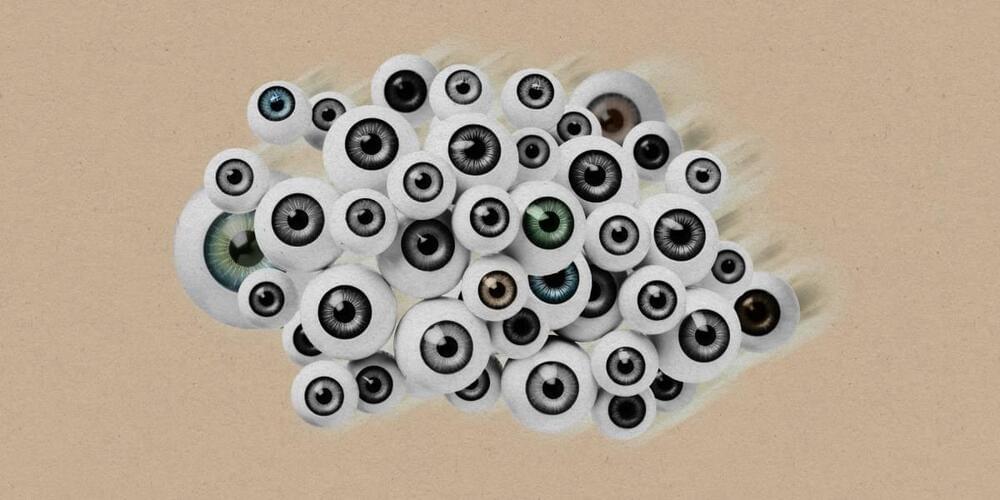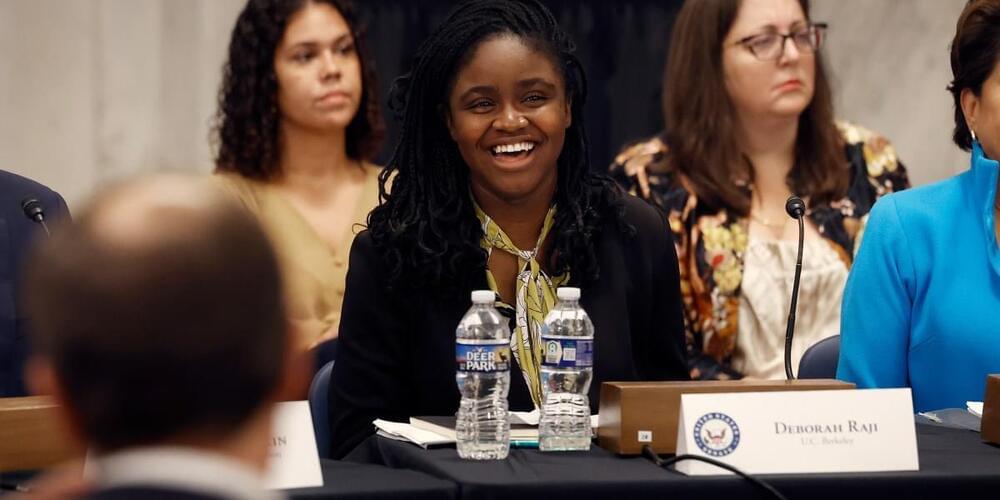Sep 26, 2023
Spotify is going to clone podcasters’ voices — and translate them to other languages
Posted by Brent Ellman in category: robotics/AI
The backbone of the translation feature is OpenAI’s voice transcription tool Whisper, which can both transcribe English speech and translate other languages into English. But Spotify’s tool goes beyond speech-to-text translation — the feature will translate a podcast into a different language and reproduce it in a synthesized version of the podcasters’ own voice.
“By matching the creator’s own voice, Voice Translation gives listeners around the world the power to discover and be inspired by new podcasters in a more authentic way than ever before,” Ziad Sultan, Spotify’s vice president of personalization, said in a statement.
OpenAI is likely behind the voice replication part of this new feature, too. The AI company is making a few announcements this morning, including the launch of a tool that can create “human-like audio from just text and a few seconds of sample speech.” OpenAI says it’s intentionally limiting how widely this tool will be available due to concerns around safety and privacy.”

